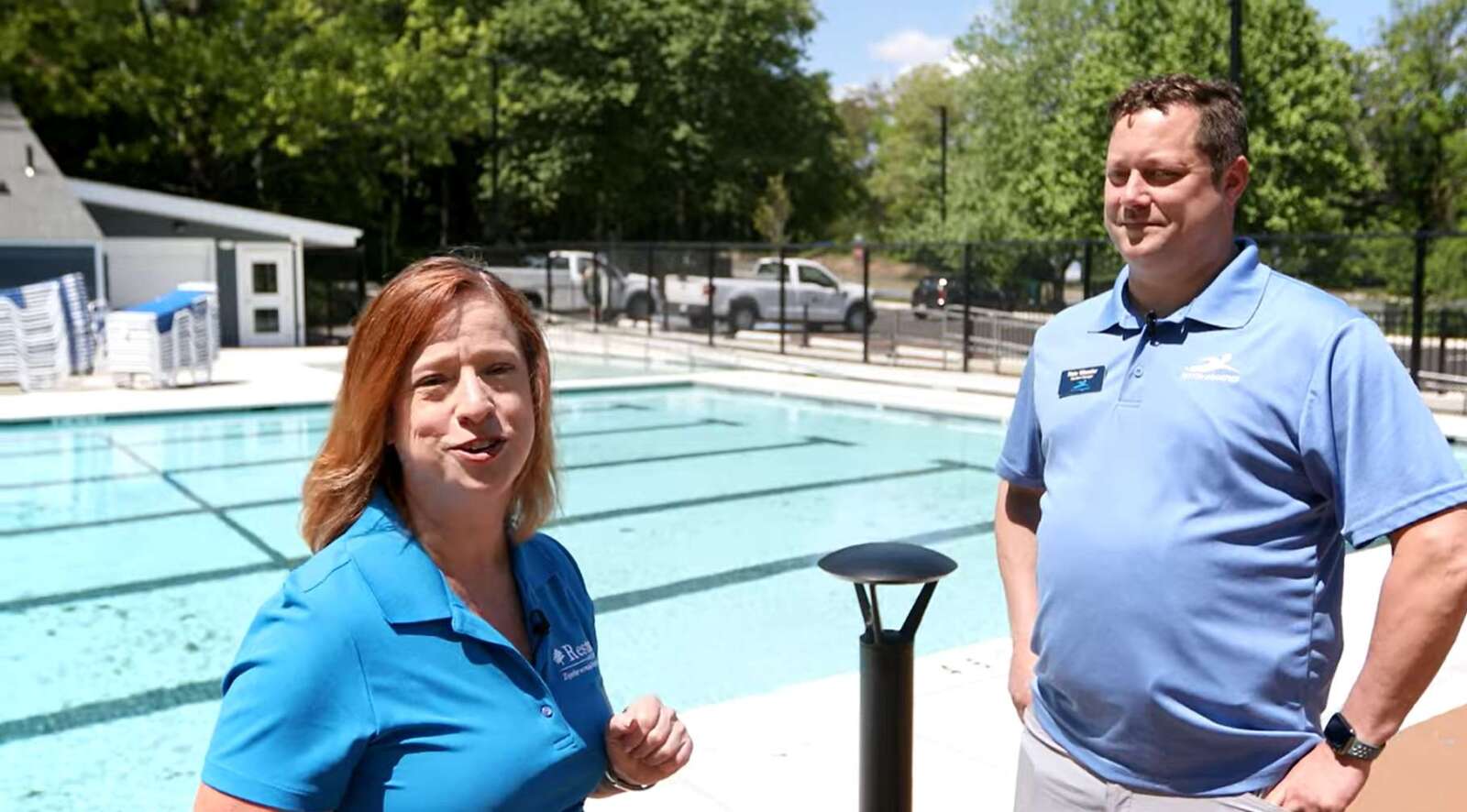
Several environmental groups, including one based in Fairfax County, have joined forces to challenge Gov. Glenn Youngkin’s decision to pull Virginia out of a cross-state initiative aimed at reducing carbon emissions.
The Southern Environmental Law Center announced on Monday (July 31) that it will appeal Virginia’s planned withdrawal from the Regional Greenhouse Gas Initiative (RGGI), a market of 12 states on the East Coast that regulates carbon emissions from power generators.
The appeal will be filed in Fairfax County Circuit Court on behalf of Appalachian Voices, the Association of Energy Conservation Professionals, Virginia Interfaith Power and Light and the Faith Alliance for Climate Solutions (FACS), a Fairfax County-focused coalition of religious communities pushing for action to address climate change.
The notice of appeal was served on the same day that the proposal to drop out of the RGGI was published in the Virginia Register, opening a period of public comments until the regulation takes effect on Aug. 30.
“The Regional Greenhouse Gas Initiative…has cut a huge amount of pollution from power plants, while protecting Virginians from the increasing impacts of climate change,” FACS Executive Director Andrea McGimsey said. “RGGI helps us leave a better world to our children and grandchildren, and we will continue to vigorously defend Virginia’s participation in this successful, bipartisan program.”
Established in 2005, the RGGI imposes a cap on carbon emissions from power plants in all participating states, requiring generators to buy “allowances” at quarterly auctions for every short ton of carbon they produce.
On Jan. 1, 2021, Virginia became the first southern state to join the initiative under then-governor Ralph Northam, who also signed legislation mandating an end to the use of coal-fired power plants after 2024 and requiring Dominion Energy to go carbon-free by 2045.
However, Youngkin issued an executive order on Jan. 15, 2022 calling for a reevaluation of Virginia’s participation and signaling his plans to withdraw. He argued that utilities have passed on the costs of purchasing allowances to customers, noting that residents served by Dominion Energy saw an average increase in their electricity bills of $2.39 per month.
Dominion suspended the surcharge after Youngkin announced his withdrawal plan, but last month, the State Corporation Commission approved its return. The fee of $4.44 for a “standard” customer will take effect on Sept. 1, even though the State Air Pollution Control Board voted 4-3 on June 7 to take Virginia out of the RGGI.
“RGGI remains a regressive tax which does not do anything to incentivize the reduction of emissions in Virginia,” Virginia Secretary of Natural and Historic Resources Travis Voyles said in a statement shared by Youngkin’s office. “…Virginians will see a lower energy bill in due time because we are withdrawing from RGGI through a regulatory process.”
Environmental advocates dispute the assertion that the RGGI hasn’t resulted in any benefits. In fact, Virginia saw an over 16% drop in power plant emissions after two years in the initiative based on Environmental Protection Agency data, according to FACS Vice Chair Scott Peterson.
The state also devotes half of its proceeds from the allowance auctions — totaling $250 million over the first two years — to energy efficiency programs for affordable housing and low-income households. Other funds have been used to support resiliency projects, most of them focused on reducing floodig impacts.
“There is a huge need for this funding not just in coastal areas, but also inland communities that are dealing with increasingly frequent intense storms,” Peterson said. “Almost $100 million has already been awarded to 98 different projects, but this work is long term and only getting started.”
The groups challenging the RGGI withdrawal argue that Youngkin’s administration lacks the authority to reverse a law adopted by the General Assembly. Their appeal must be filed in court within 30 days of the notice going to Air Pollution Control Board and Department of Environmental Quality officials.
“The administration cannot brush aside the laws it disagrees with,” Southern Environmental Law Center senior attorney Nate Benfornado said. “Moreover, Virginians deserve to see the continued benefits of this successful program. This program is vital to Virginia meeting climate goals, while reducing air pollution and improving public health.”
Voyles said Attorney General Jason Miyares’s office confirmed that the control board “has the legal authority to take action on the regulatory proposal using the full regulatory process — and the Board voted to do just that.”
Pending the legal action, Virginia will leave the RGGI when its three-year contract ends Dec. 31.
Photo via Ella Ivanescu/Unsplash
Recent Stories
A map of racial covenants in land deeds around Northern Virginia (via Documenting Exclusion and Resilience) New research shows that thousands of Fairfax County and the cities of Fairfax and…




